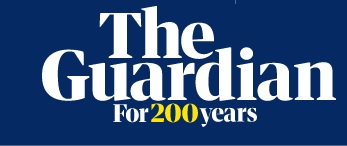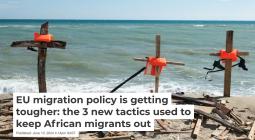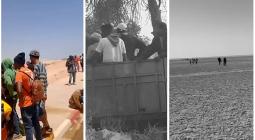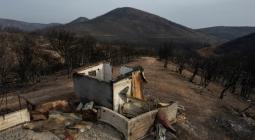Revealed: drug cartels force migrant children to work as foot soldiers in Europe’s booming cocaine trade
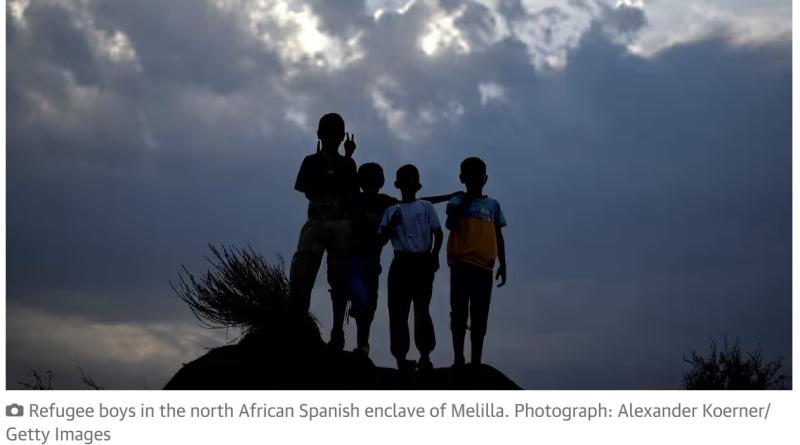
Hundreds of unaccompanied child migrants across Europe are being forced to work as soldiers for increasingly powerful drug cartels to meet the continent’s soaring appetite for cocaine, a Guardian investigation has found.
EU police forces have warned of industrial-scale exploitation of African children by cocaine networks operating in western Europe in cities including Paris and Brussels as they seek to expand Europe’s £10bn cocaine market.
Child protection agencies warned that cocaine gangs, which are exploiting the “unlimited” supply of vulnerable African children at their disposal, are using brutal means to control their victims, including torture and rape if they fail to sell enough drugs.
Sources told the Guardian that London may be next after police recently found a number of Moroccan and Algerian children, seemingly victims of torture, who they believe were trafficked into the country by cocaine gangs.
Concern over the level of exploitation was so great that in March, EU police forces – along with UK and UN agencies and Europol – met to discuss how to tackle the exploitation and trafficking of African children by drugs networks based in western Europe.
A separate recent assessment by EU police forces investigating serious organised crime and human trafficking concluded: “Sweden, Belgium, the Netherlands, Spain and France presented several concrete cases of the exploitation of hundreds of north African minors, recruited by drug trafficking networks to sell narcotics.”
Other sources believe the true figure could run into the thousands, with the latest police data showing 15,928 unaccompanied children arrived in Europe in 2022, many of whom subsequently went missing.
A recent document by the Belgian federal police for Europol stated: “Thousands of unaccompanied foreign minors cross the EU’s borders every year, disappearing without any traceable trail. Many of them are ‘captured’ by criminal circles to exploit them, which worsens their traumas.”
Eric Garbar, head of human trafficking and smuggling at the Belgian federal judicial police, is one of the officers leading attempts to tackle the exploitation of unaccompanied children by criminal networks. He said: “With African minors, essentially Moroccan and Algerian, the most important area is the exploitation by OCGs [organised crime groups] involved in criminal activities such as drug trafficking.
“What we have in the EU is an unstoppable low-cost human resource from Africa.”
Police cite the Moroccan “Mocro Maffia” as a prime exploiter of the children. The organisation includes several of Europe’s largest cocaine trafficking cartels, who work directly with South American producers. The group is thought to be active at Belgium port of Antwerp, the main gateway for cocaine into Europe.
The Mocro Maffia is notoriously brutal, issuing threats to Belgium’s justice minister and, in the Netherlands, to the Dutch crown princess. Earlier this year, a number of its members involved in a series of gangland killings were jailed for life.
Police have evidence that children are trafficked direct from Morocco to the cocaine networks in Europe, many lured by social media and promises of a better life.
“The Mocro Maffia understand that in their country of origin they have at their disposal unlimited human resources,” said Garber.
Caroline Vrijens, the Flemish children’s rights commissioner, said African children were the “most vulnerable” in Europe and called for urgent action from the authorities to tackle the issue.
